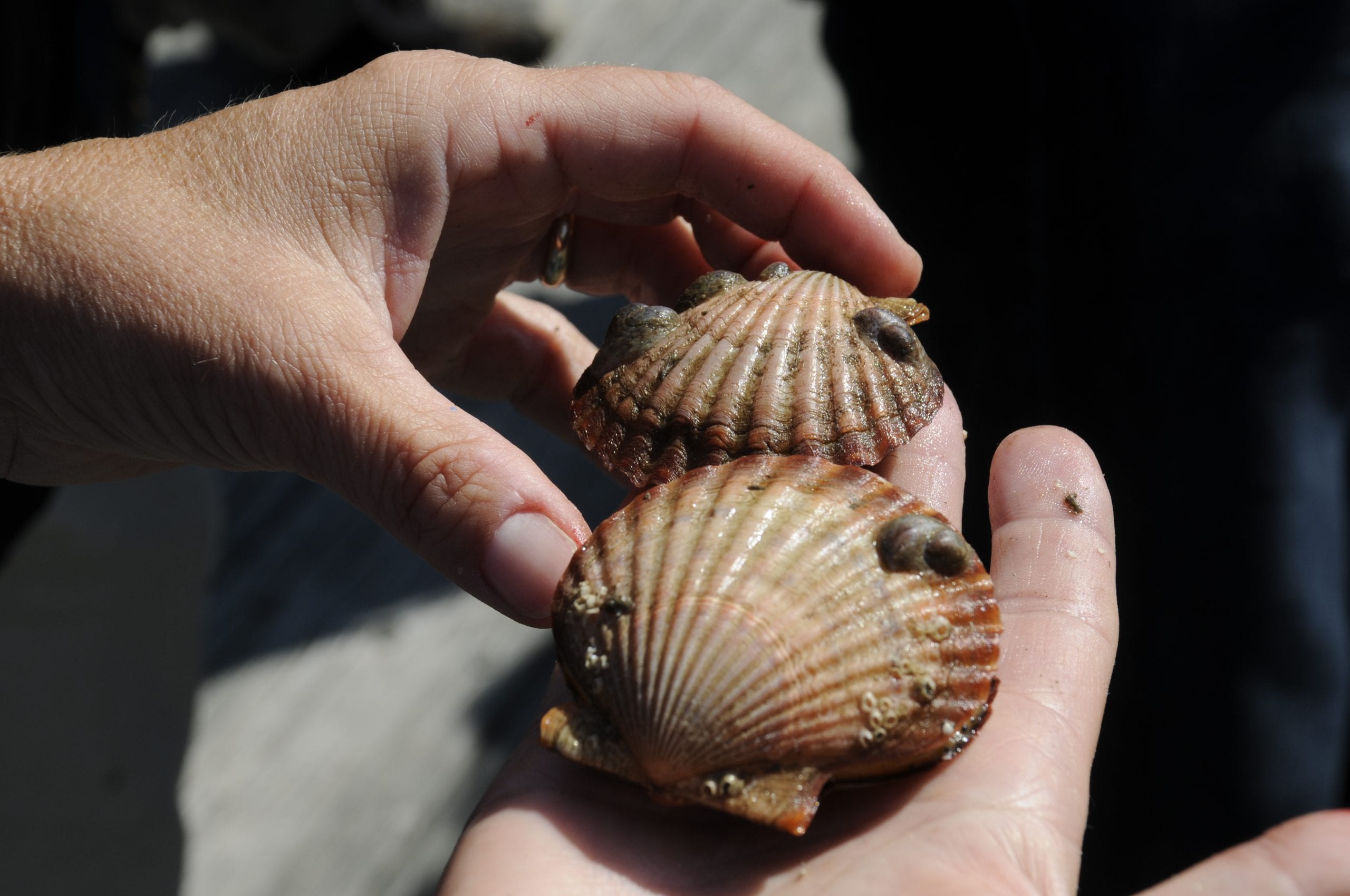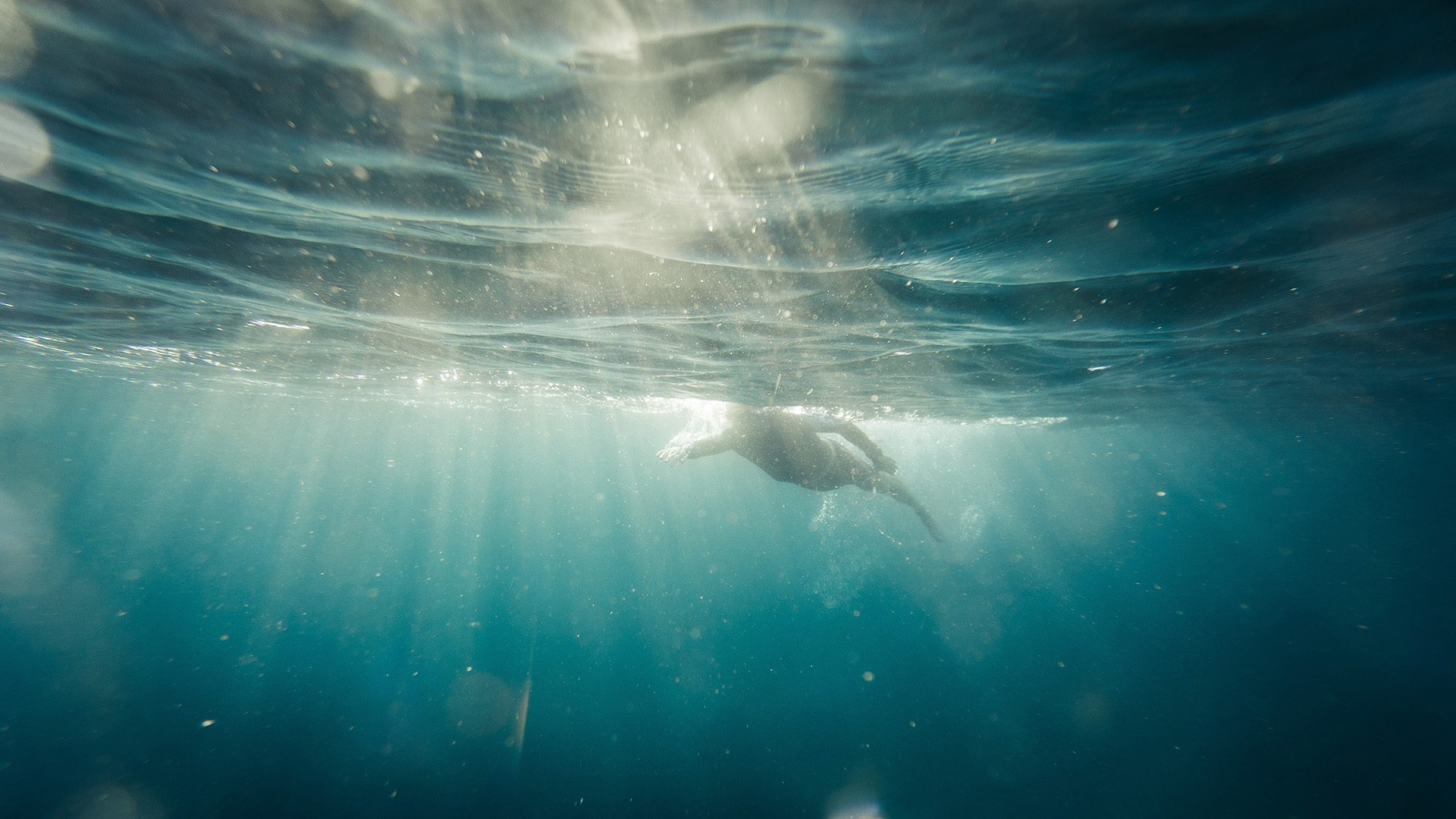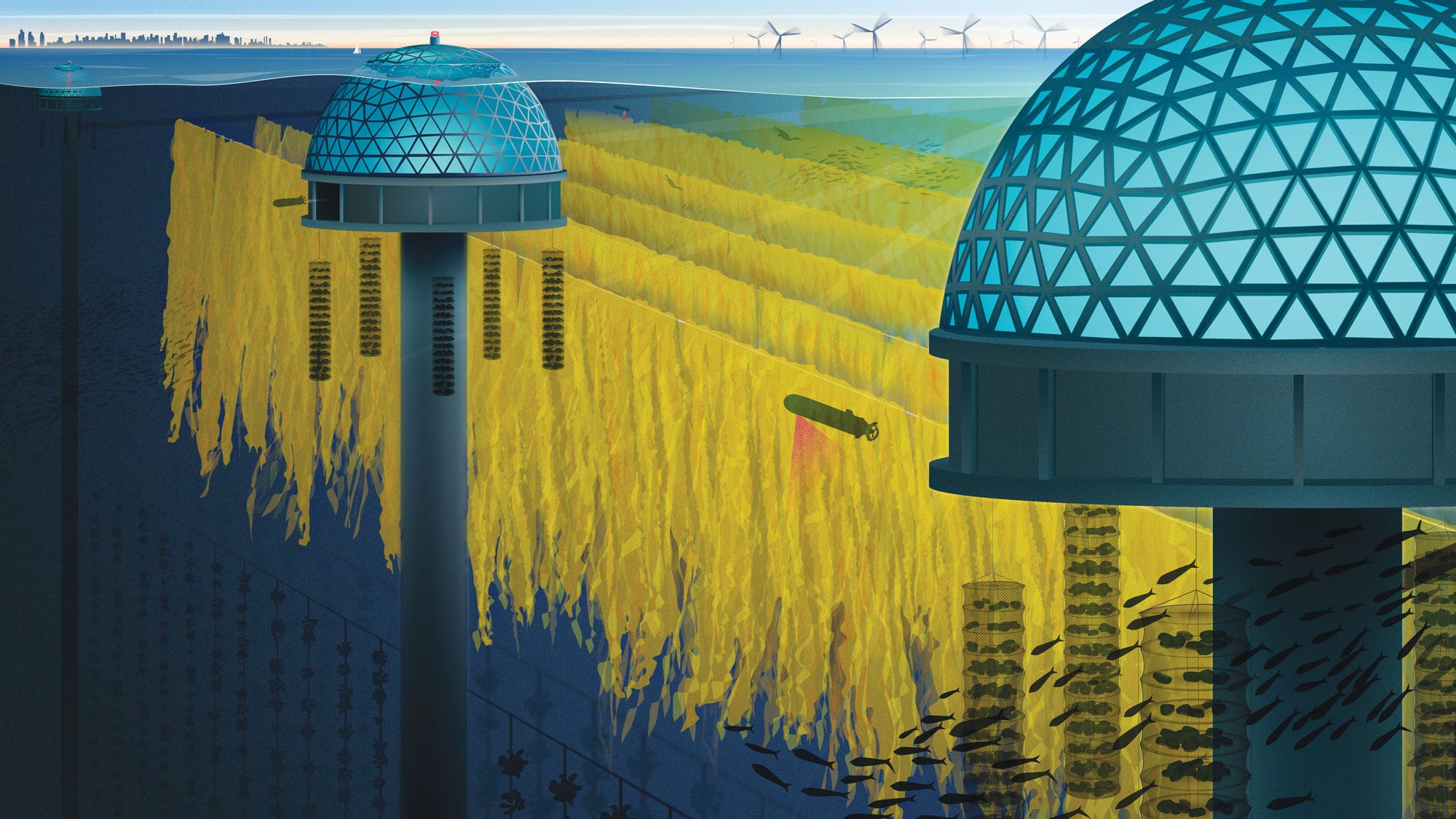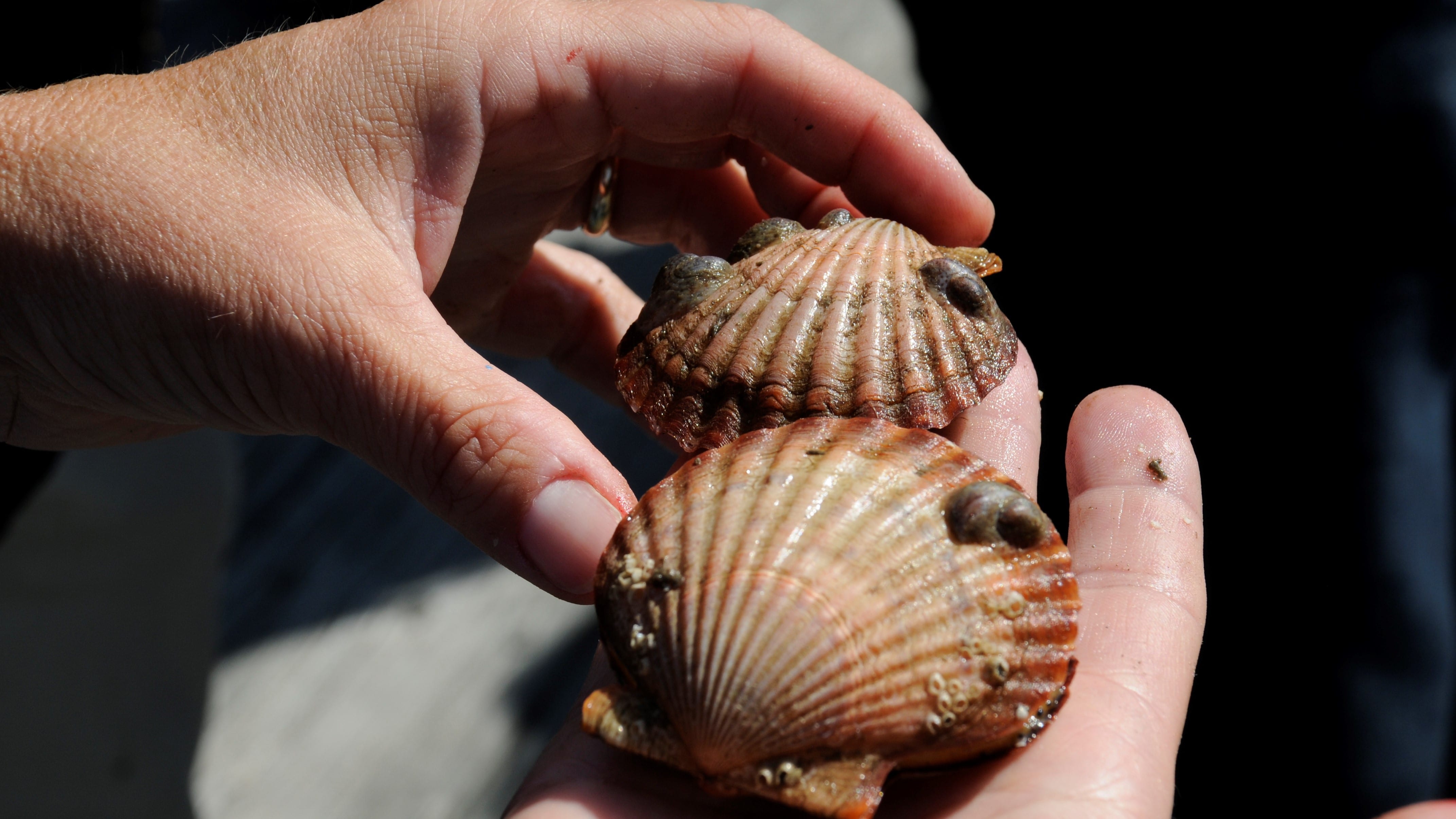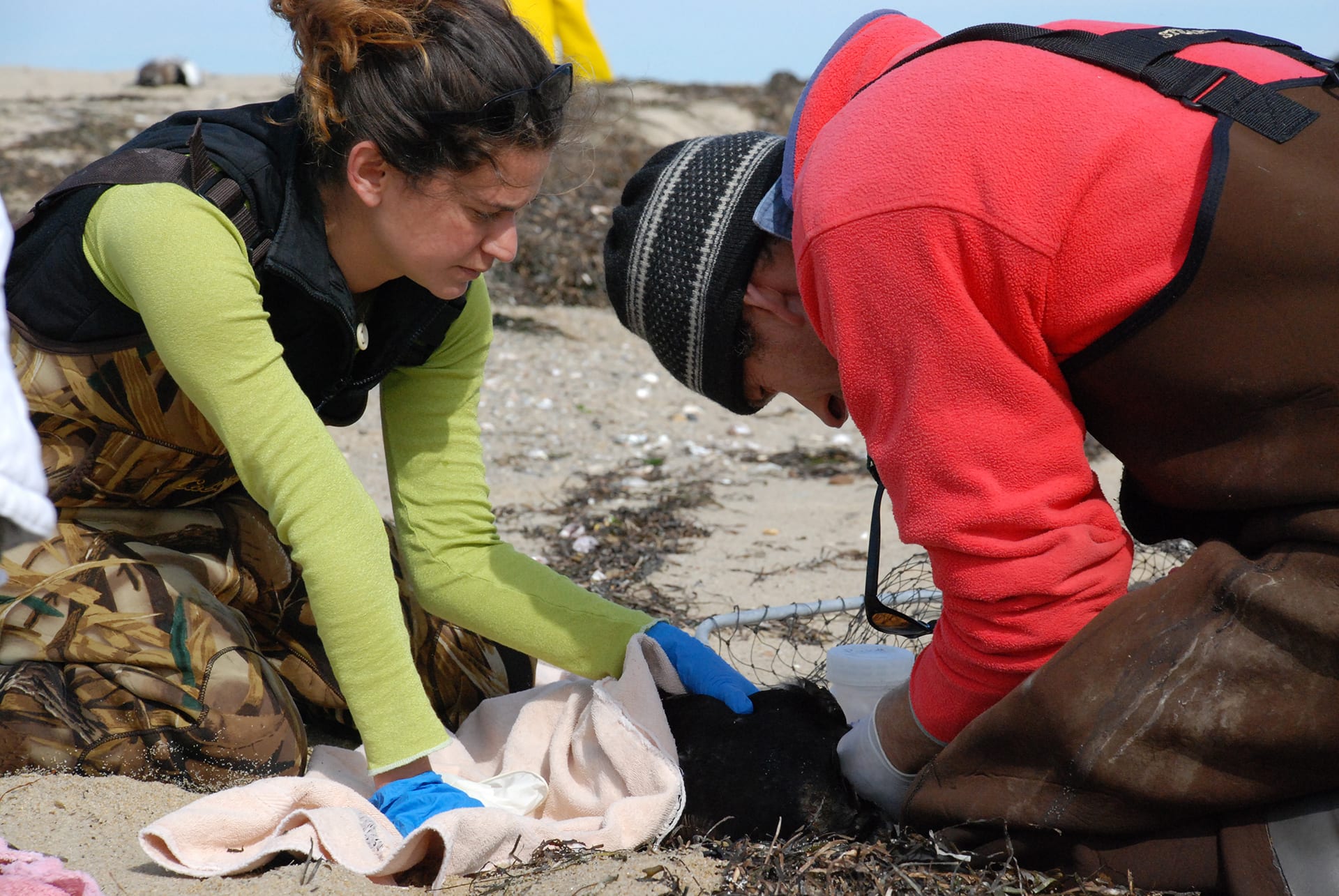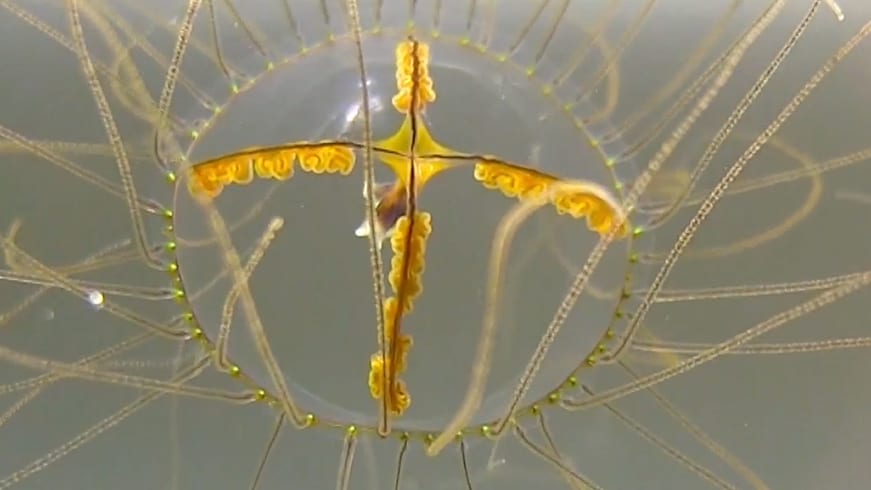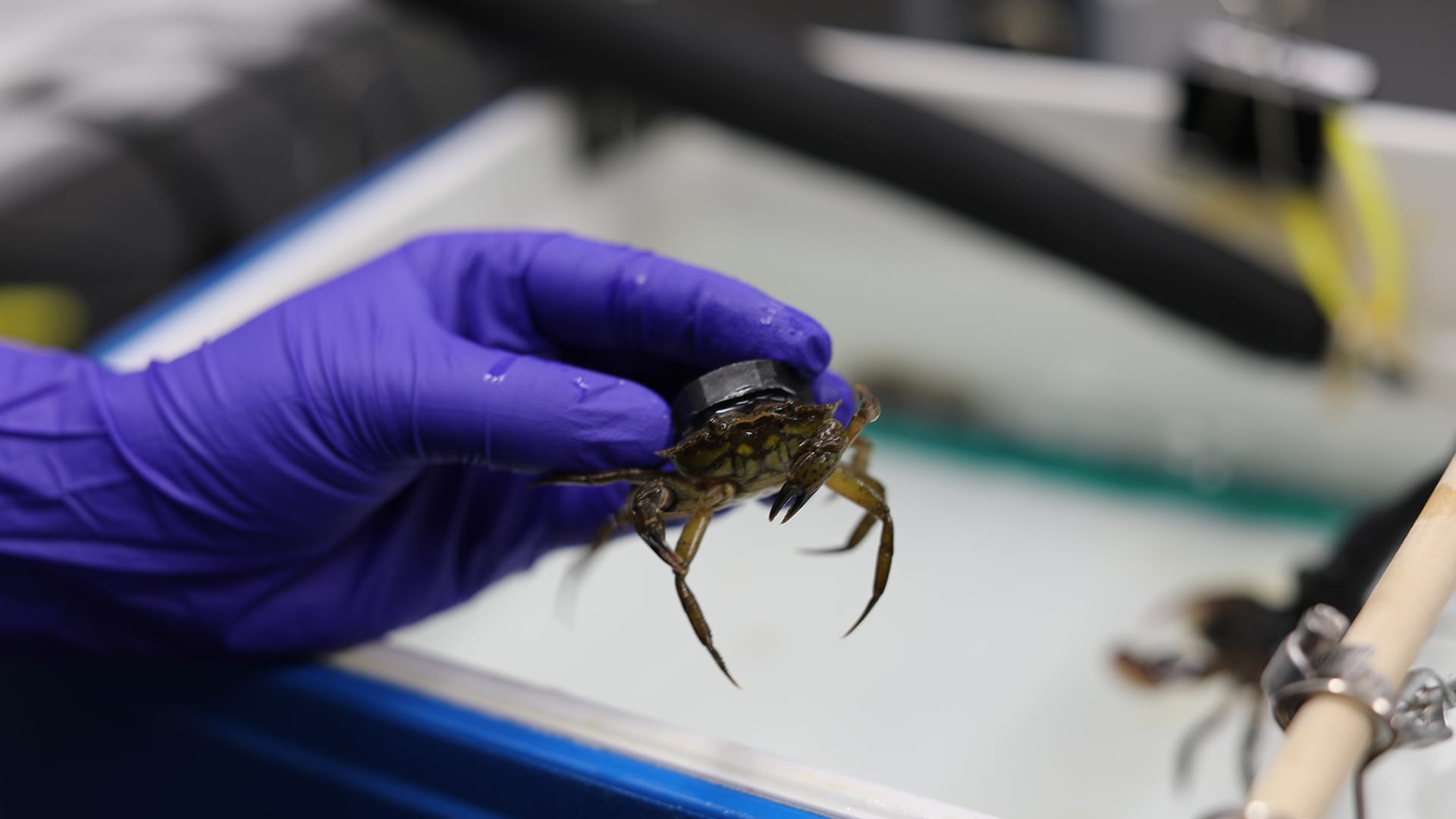News & Insights
WHOI working to address ocean acidification; protect region’s vital shellfish industry
A new report addresses the impacts of ocean acidification in Massachusetts and New England coastal waters on the region’s vital seafood industry.
Read MoreFive ways to celebrate World Ocean Month
Whether you live on the coast or far from the ocean, World Ocean Month is a reminder that we’re all connected by water on this blue planet. So how exactly do you celebrate? We’ve got a few ideas for you!
Read MoreThe spread of plastics and oil in Sri Lanka from the wreck of M/V X-Press Pearl
On May 20, 2021, the cargo ship M/V X-Press Pearl caught fire off the coast of Sri Lanka. The container ship was carrying 78 metric tons of a material known as plastic nurdles. What happens now?
Read MoreUncharted waters
Our global ocean will change dramatically over the next few decades. What might it look like, and how will humans adapt?
Read MoreOcean acidification gets a watchful eye in New England aquaculture ‘hot spot’
Shellfish aquaculture is thriving in New England, but future growth in the industry could be stunted as coastal waters in the region become more acidic. Researchers at WHOI have developed a way to link nutrient load reductions to improvements in the health of Buzzards Bay, Massachusetts, which may an important step toward cleaner and less acidic harbors in the Baystate.
Read MoreFifty years later, the West Falmouth oil spill yields lasting contributions to remediation efforts
After 175,000 gallons of oil spilled from a barge that ran aground along West Falmouth Harbor, the contaminant has all but disappeared, save a small marsh inlet that continues to serve as a living laboratory for scientists at Woods Hole Oceanographic Institution.
Read MoreGlobal Oceans and the Extinction Crisis
WHOI marine biologists Michael Moore and Andrea Bogomolni weigh in on a new United Nations science report suggesting that over one million species are at risk of extinction.
Read MoreScientists investigate global spread of stinging jellyfish
New invasions reported in New England and Sweden, prompting researchers to look at a variety of potential causes including transportation, warmer ocean temperatures, and a resurgence of eelgrass.
Read MoreSeeing Green (crabs)
A scientist explores how one of the world’s most resilient invasive species has adapted to new environments
Read MoreDeep Sea Challenge: Innovative Partnerships in Ocean Observing
Dr. Susan K. Avery, President and Director Woods Hole Oceanographic Institution June 11, 2013 – Written testimony presented to the U.S. Senate Committee on Commerce, Science, and Transportation Subcommittee on…
Read MoreHearing on The Harmful Algal Blooms and Hypoxia Research and Control Amendments Act of 2011
before the Subcommittee on Energy and Environment Committee on Science, Space and Technology U.S. House of Representatives June 1, 2011 Mr. Chairman and members of the Subcommittee. I am Donald…
Read MoreHearing on “Harmful Algal Blooms and Hypoxia: Formulating an Action Plan”
Dr. Donald M. Anderson Senior Scientist, Biology Department, Woods Hole Oceanographic Institution Director, U.S. National Office for Harmful Algal Blooms September 17, 2009 Mr. Chairman and members of the Subcommittee. …
Read More
